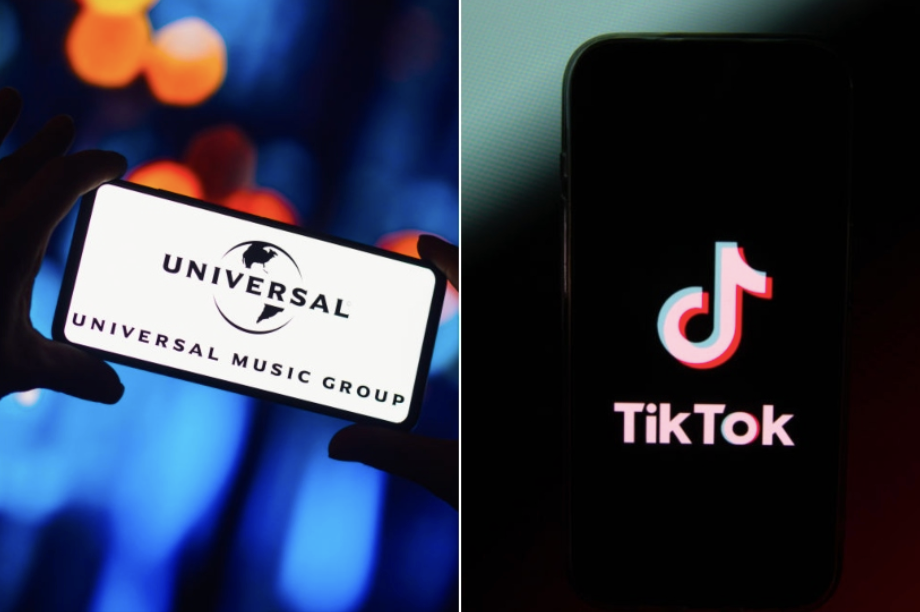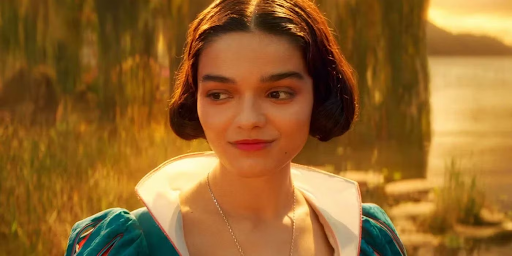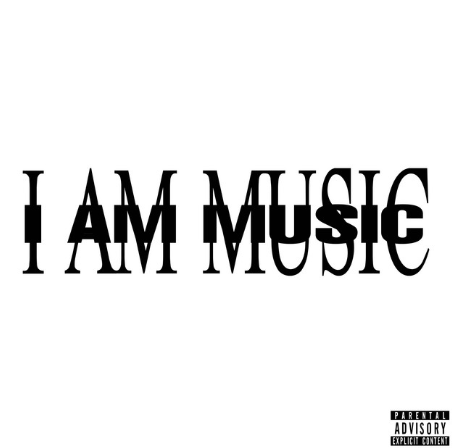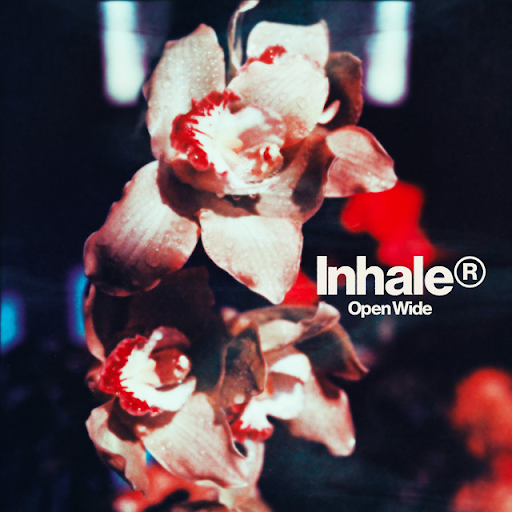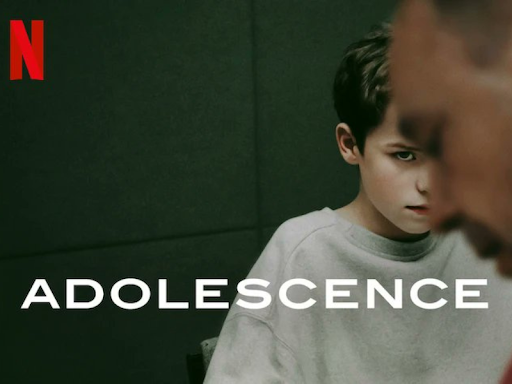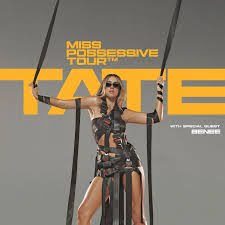On January 31, 2024, millions of TikTok users and content creators were stunned when a vast number of songs, all owned by Universal Music Group (UMG), were removed from the platform. It made these songs unavailable to use in videos, and any videos featuring a UMG-owned song were muted. Universal Music Group owns the music of countless popular artists, including Taylor Swift, Drake, Bad Bunny, Olivia Rodrigo, and more. UMG’s mass removal from the social media platform was caused by a failure between the two companies to reach a new licensing deal. (The Daily Beast)
While details are unclear, both companies have released personal statements about the situation. TikTok writes that “TikTok has been able to reach ‘artist-first’ agreements with every other label and publisher.” They continue to say, “Clearly, Universal’s self-serving actions are not in the best interests of artists, songwriters, and fans.” On the other hand, “Universal claims that the platform is refusing to pay artists fairly considering how much revenue they bring to TikTok (The Daily Beast). According to music industry analyst Tatiana Cirisano, “UMG is kind of taking the nuclear option of removing all their music and trying to prove that TikTok couldn’t exist if it didn’t have their catalog” (NPR).
A large number of TikTok’s users are unsettled by this decision. Ramapo student Emily Eckhardt states that, “I had to remove all of my TikToks and all of the sounds on them. Also, all the TikToks I had saved got removed.” These artists’ songs take up a good portion of TikTok trends and videos, meaning that not only does this decision affect everyday users, but also artists trying to build a platform. Ramapo social media marketing teacher Ms. Migliacci says, “Someone trying to start up a career in music can take advantage of the platform and its over 1 billion active monthly users worldwide to introduce their new music. TikTok is exposing its users to music__new and old__through its short and catchy videos.” Both emerging and successful artists rely on the app for publicity. “Heather” singer Conan Gray, who gained a large following from TikTok, told Rolling Stone that he was “never gonna have a hit song ever again at this rate” (The Daily Beast). “Stick Season” singer Noah Kahan claimed that “I won’t be able to promote my music on TikTok anymore. But luckily I’m not a TikTok artist, right?” (NPR).
The real effect this action will have on the music industry is yet to be seen, but if this ban continues, it is sure to be detrimental to emerging artists. It also calls into question what this will mean for TikTok. Will users stay loyal to the app, or will this begin a movement to other platforms?
